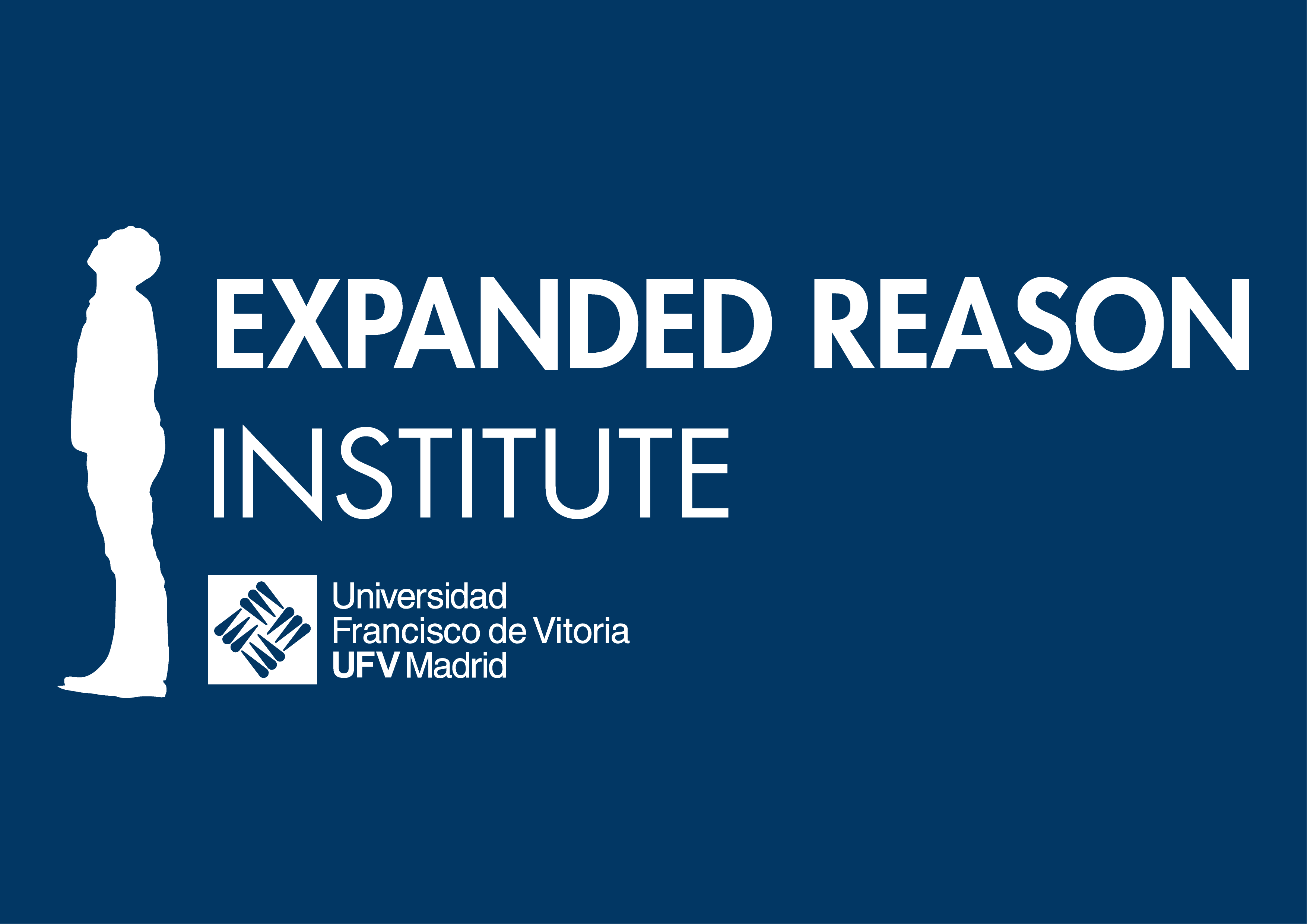
Benedict XVI relates that in his days as a university professor, once a semester there was a “dies academicus” in which professors from all departments of the university would gather with the students of the university, thus making possible an experience of “universitas”: that is, in spite of all the specializations that sometimes prevented them from communicating with each other, it was an experience that allowed them to see that “we made up a whole, working in everything on the basis of a single rationality, with its various aspects, and sharing responsibility for the right use of reason. The reality became a lived experience”
That which is the origin and essence of the university , that is, a synthesis of knowledge that seeks to know the truth, is something that has sometimes been highlighted so that it would not be forgotten, but so many other times has also been ignored. Nevertheless, expanded reason arises naturally today. The various sciences are looking together at a common problem, Covid_19, making even more evident that a deeper dialogue is necessary for the good of man.
Moreover, this moment requires openness. The exercise of our professions not only demands of us to ask ourselves questions on matters that go beyond our field, but also brings out the need for the university to offer a comprehensive education capable of showing that man is not only an intelligence but is “a unity of all his faculties and dimensions”.
As was the case at the origins of the university as an institution, along with the aforementioned premises, its role was to participate in and guide reflection on the urgent needs of the time and “to be a promoting principle” for the good of society. The current circumstances remind us that the university is not an anachronistic institution, reduced to the generation of diplomas or to technical and professional education. The university has its own way of serving society: that of being a guiding instrument that intervenes at the present time, as Ortega y Gasset defended. The role of the university is not only to be there for the students, but to be present “in the midst of life”, dealing with the great issues of our time from its vantage point, as a place of encounter and dialogue.


No comment